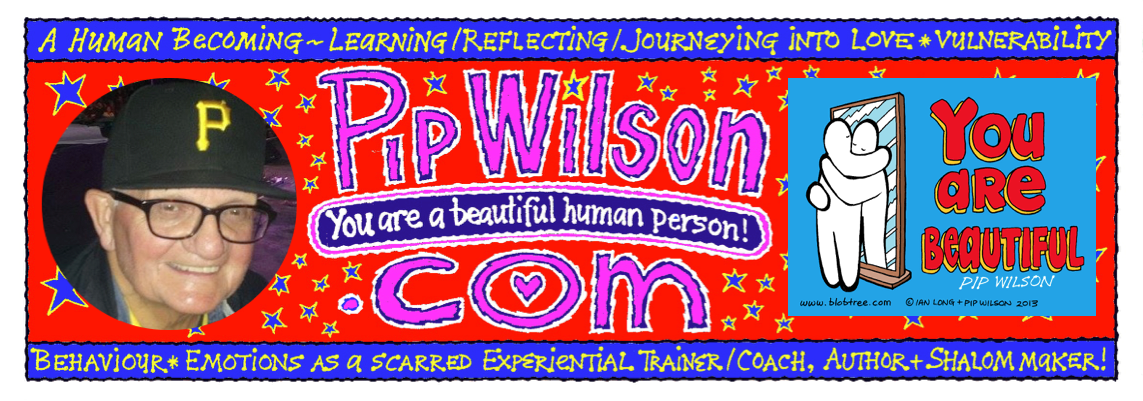I love this
I work like this
it is great to read about it's impact.
= working with Young People
especially Boy/Young Men
with their emotions
Love it
How do you reach at-risk teenage boys who are struggling in school, facing lives without fathers, or getting themselves into trouble?
One organization on the Big Island USA has a unique and effective answer.
Boys to Men (BTM), a non-profit originally founded in San Diego, Calif., is making an impact at local public schools using a community-based mentoring approach with proven results. The program aims to address millions of teenaged boys nationwide at risk of dropping out of school, abusing drugs, or going to prison.
“Most mentoring models focus on vocational training or academic training, tutoring, or athletics, and clearly there’s a need for that,” says Caleb Milliken, Executive Director of Boys to Men Hawai‘i. “But most of them aren’t equipped to deal with the massive emotional challenges that our children are going through. Boys to Men focuses primarily on developing the emotional intelligence and emotional literacy of the boys.”
Picture this: several trained mentors circle up with a group of teenage boys, ages 11 – 18 in a school campus room. The adults lead the session, called a “J-group,” creating a talk-story atmosphere for the boys to openly and honestly share their personal challenges and emotions with others.
But how do you get a room full of teenagers to talk about their feelings and struggles? Mentors begin breaking the ice by letting the boys make the rules.
“We immediately empower them to understand what rules are, why they’re there, and how they can be stakeholders in that structure,” says Milliken. He added, “It changes the dynamic of how boys look at adults.”
Once the ground rules are set, mentors model emotional intelligence by giving the boys an honest account of their own life challenges and underlying emotions. The approach forgoes the common tactic of teaching or lecturing and instead offers role-modeling at an emotional level.
Milliken says an estimated 75% of the youth participating in BTM on the Big Island are fatherless, and the group-based program provides a community of male role models to look to for support and acceptance. According to researchers, the approach is working.
A study conducted by the University of San Diego School of Leadership and Education Sciences revealed that BTM improved boys’ self-esteem, reduced risk-taking behavior, and created a positive outlook on life, while improving school attendance and academic performance. Ninety-percent of parents said their sons got along better with others after attending the program, and that it helped them do better in school.
Part of BTM’s success lies in well-prepared mentors. Each man undergoes a 10-hour intensive training, which includes a revisiting of his own teenage years and challenges to build stronger relationships with future mentees.
“We take our training very seriously,” says Milliken, who has personally led four trainings on the Big Island.
Seventy Big Island men are now certified mentors, with 35 actively participating in local school J-groups. BTM has partnered with five schools so far in Hilo, Pahoa, Honoka‘a, Waimea, and Kohala.
Milliken has an ambitious goal to expand the program to every middle school on the Big Island within the next two years, and statewide within the next five years. He says BTM is actively seeking new mentors, and training programs will be held during the summer months of 2015.
www.BlobTree.com
*


